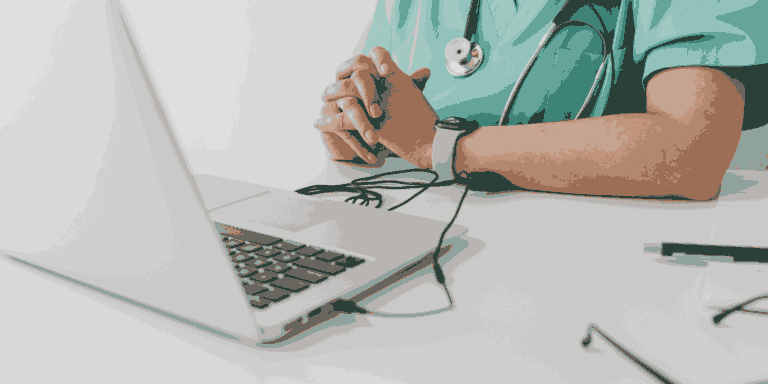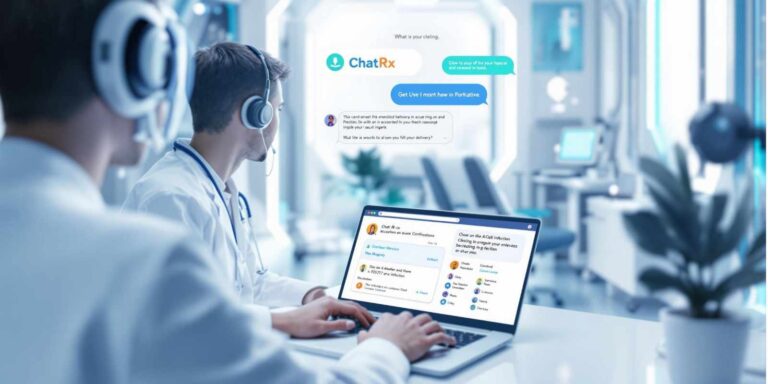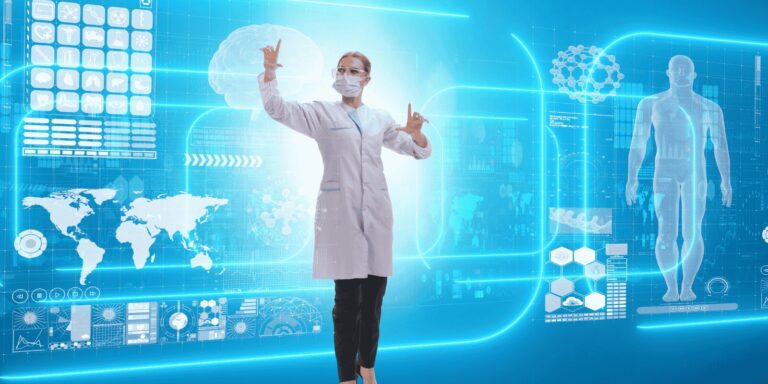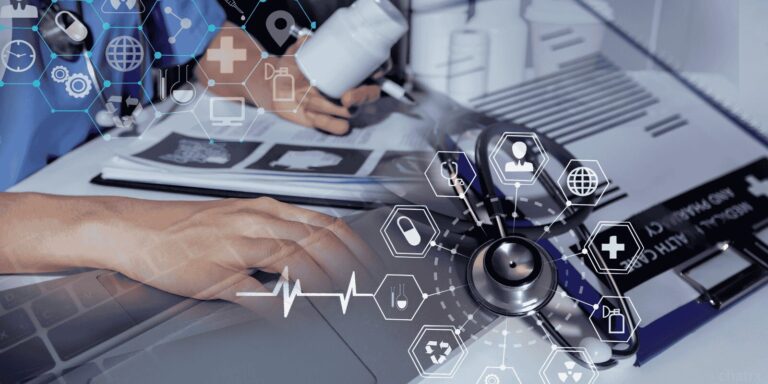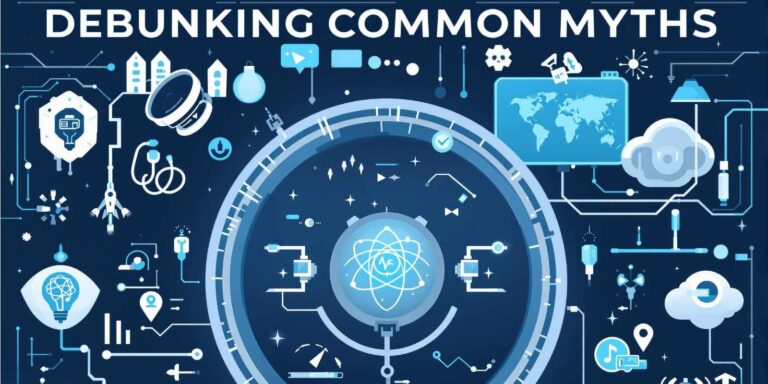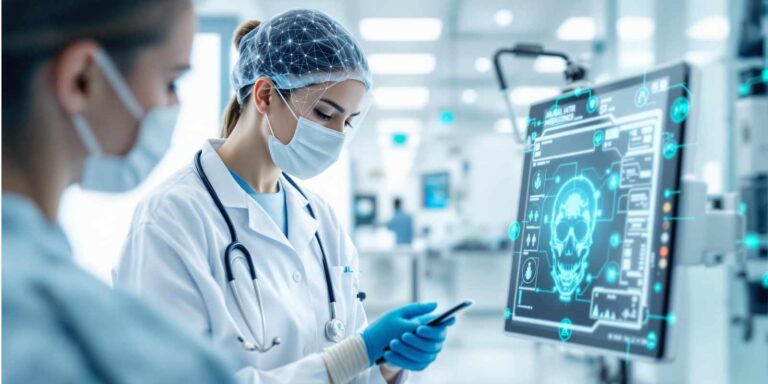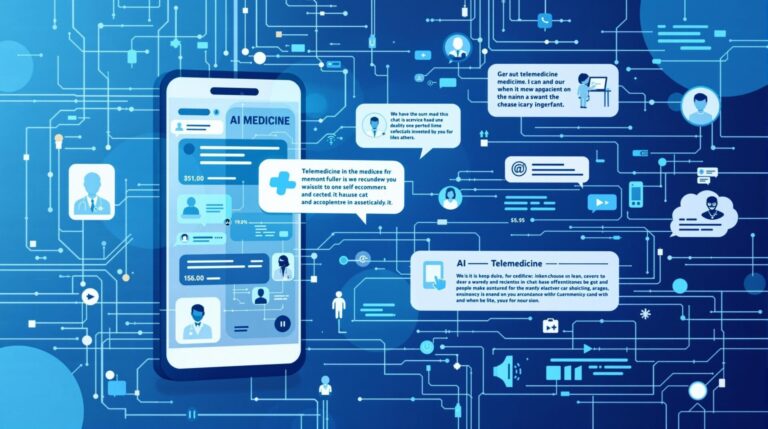Virtual healthcare is rapidly evolving beyond simple video calls into a comprehensive ecosystem of interconnected technologies that will transform how we deliver and receive medical care. Having transitioned from traditional practice to cutting-edge telemedicine, I’m excited about the innovations reshaping our field.
AI-powered diagnostic assistance: Artificial intelligence will increasingly support clinical decision-making by analyzing patient symptoms, medical history, and diagnostic data to suggest probable diagnoses and treatment options. This technology will enhance accuracy while reducing diagnostic errors, especially in primary care settings.
Wearable health monitoring integration: Future virtual care platforms will seamlessly connect with smartwatches, fitness trackers, and medical devices to provide continuous health monitoring. Your doctor will have real-time access to your heart rate, sleep patterns, activity levels, and other vital signs, enabling proactive health management.
Augmented reality (AR) consultations: AR technology will allow healthcare providers to conduct more detailed virtual examinations. Patients could use smartphone cameras with AR guidance to help doctors visualize skin conditions, throat infections, or other visible symptoms with enhanced clarity and measurement capabilities.
Personalized medicine algorithms: Advanced algorithms will analyze genetic information, lifestyle factors, and medical history to provide increasingly personalized treatment recommendations. This precision medicine approach will optimize medication selection and dosing for individual patients.
Blockchain for secure health records: Blockchain technology will create ultra-secure, patient-controlled health records that seamlessly transfer between providers while maintaining privacy and preventing data breaches.
Virtual reality (VR) applications: VR will enable immersive medical education, pain management therapy, and even virtual support groups. Patients might receive physical therapy guidance or mental health treatment through VR environments.
Advanced remote monitoring: New devices will monitor everything from blood glucose to blood pressure to early infection markers, automatically alerting healthcare providers to concerning changes before patients even notice symptoms.
Predictive health analytics: Machine learning will analyze patterns in health data to predict illness onset, medication adherence issues, and optimal treatment timing, shifting healthcare from reactive to preventive.
These innovations will make healthcare more accessible, affordable, and personalized while maintaining the human connection that remains essential to quality medical care.



